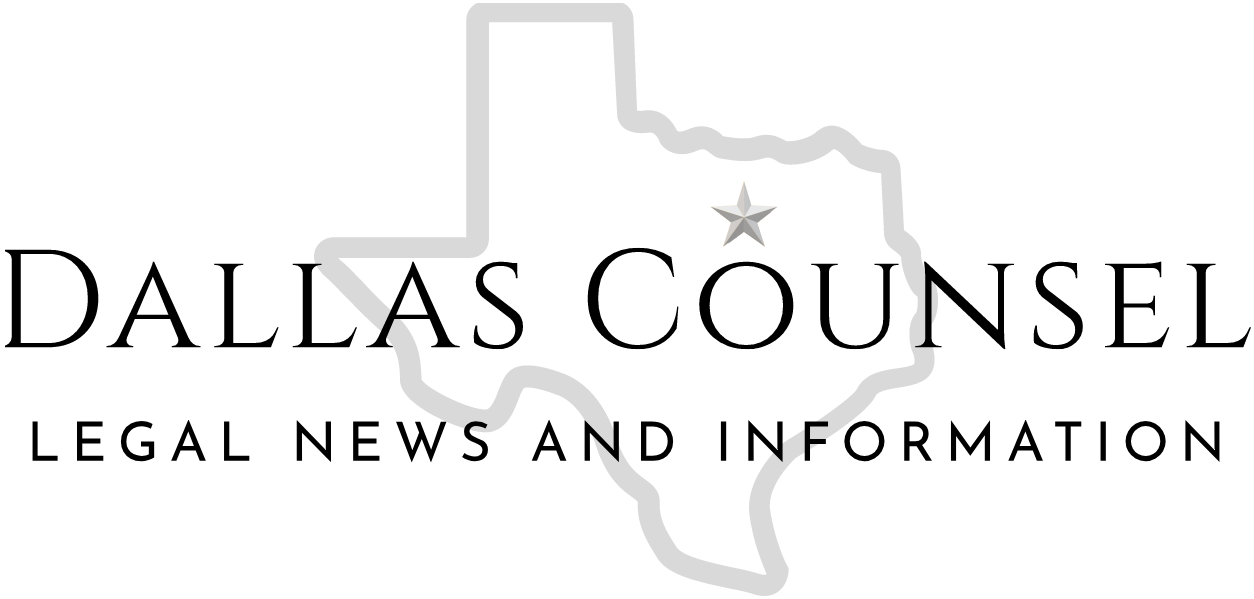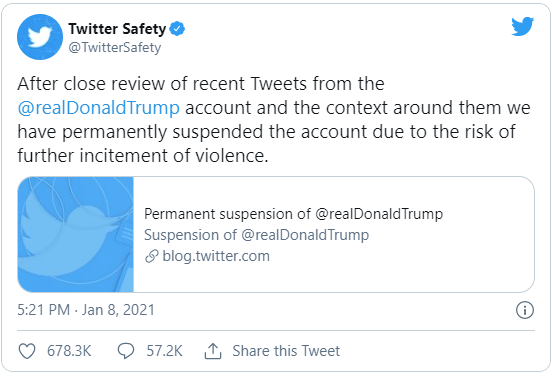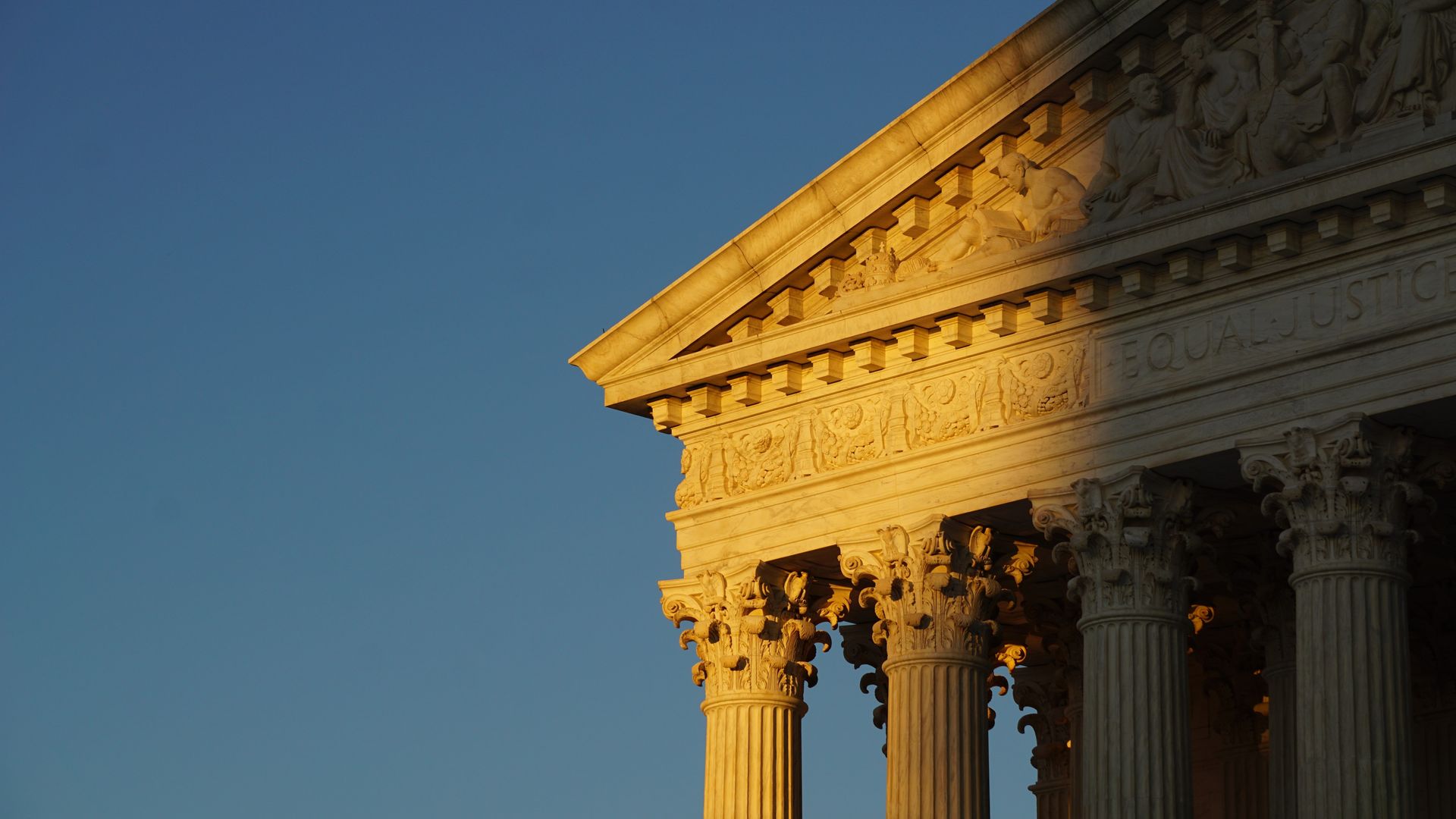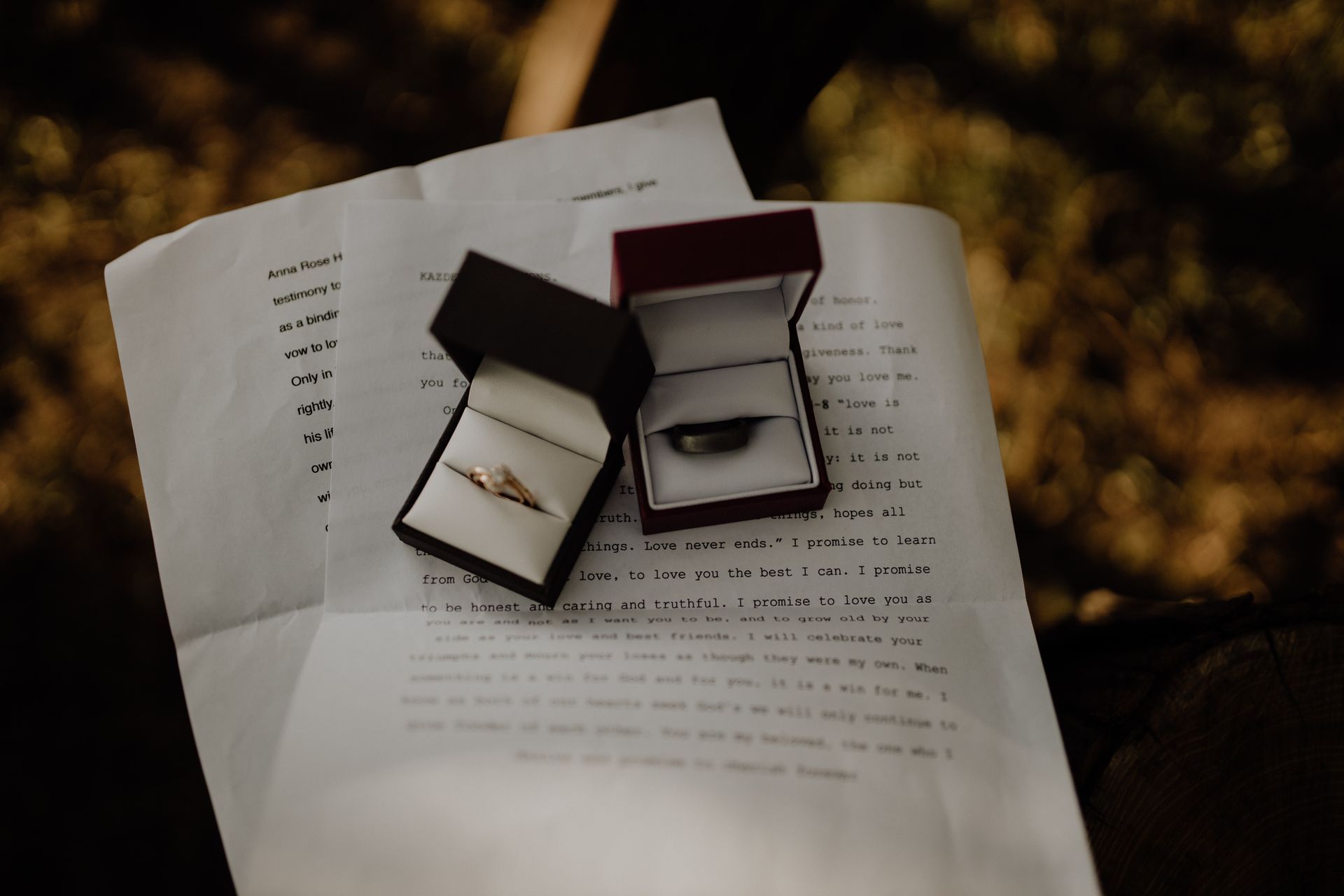The Supreme Court, Trump, and Twitter
The issue at hand was whether a government actor violated the First Amendment by blocking another Twitter user.
4/15/2021
The supreme court dismissed a federal appeals court decision that former President Trump violated the Constitution by blocking his critics on Twitter. The justices vacated the decision and remanded it back to the US Court of Appeals for the Second Circuit with instructions to dismiss the case as moot.
The Second Circuit held that the comment threads were a “public forum,” and that then-President Trump violated the First Amendment by using his control of the Twitter account to block the plaintiffs from accessing the comment threads.
In Justice Clarence Thomas’s concurrence (the reason as the basis for his decision), he stated that the Appeals Court maintained that the Twitter threads were a “public forum” and that former President Trump violated the First Amendment by “using his control of the Twitter account to block the plaintiffs from accessing the comment threads… but Mr. Trump, it turned out, had only limited control of the account; Twitter has permanently removed the account from the platform.”
Justice Thomas highlights the difficulty that comprise digital platforms and the complexity of applying old doctrines to the digital platforms. He agrees that there is reason to take the former President’s Twitter account into consideration as a public forum, but, in the same breath, “it seems rather odd to say that something is a government forum when a private company has unrestricted authority to do away with it.”
“Today’s digital platforms provide avenues for historically unprecedented amounts of speech, including speech by government actors. Also unprecedented, however, is the concentrated control of so much speech in the hands of a few private parties. We will soon have no choice but to address how our legal doctrines apply to highly concentrated, privately owned information infrastructure such as digital platforms.”
Justice Thomas brought to light that a public forum is “property that the State has opened for expressive activity by part or all of the public” and as “government-controlled spaces.” Trump had 89 million followers and often used it to speak in his official capacity.
Whatever may be said about politics, if the lawsuit was brought on due to the fear that then-President Trump restricted speech by using the features that Twitter made available to him, and the goal was to ensure that speech is not oppressed, the more obvious concern must be the digital platforms itself, as Twitter’s policy makes clear that they can remove any person from its platform “at any time for no reason.”
All information and summaries are intended as informational only regarding legal trends and news. Nothing should be taken as legal advice or legal opinion and readers should seek out advice from legal counsel prior to acting on information provided by this blog.






